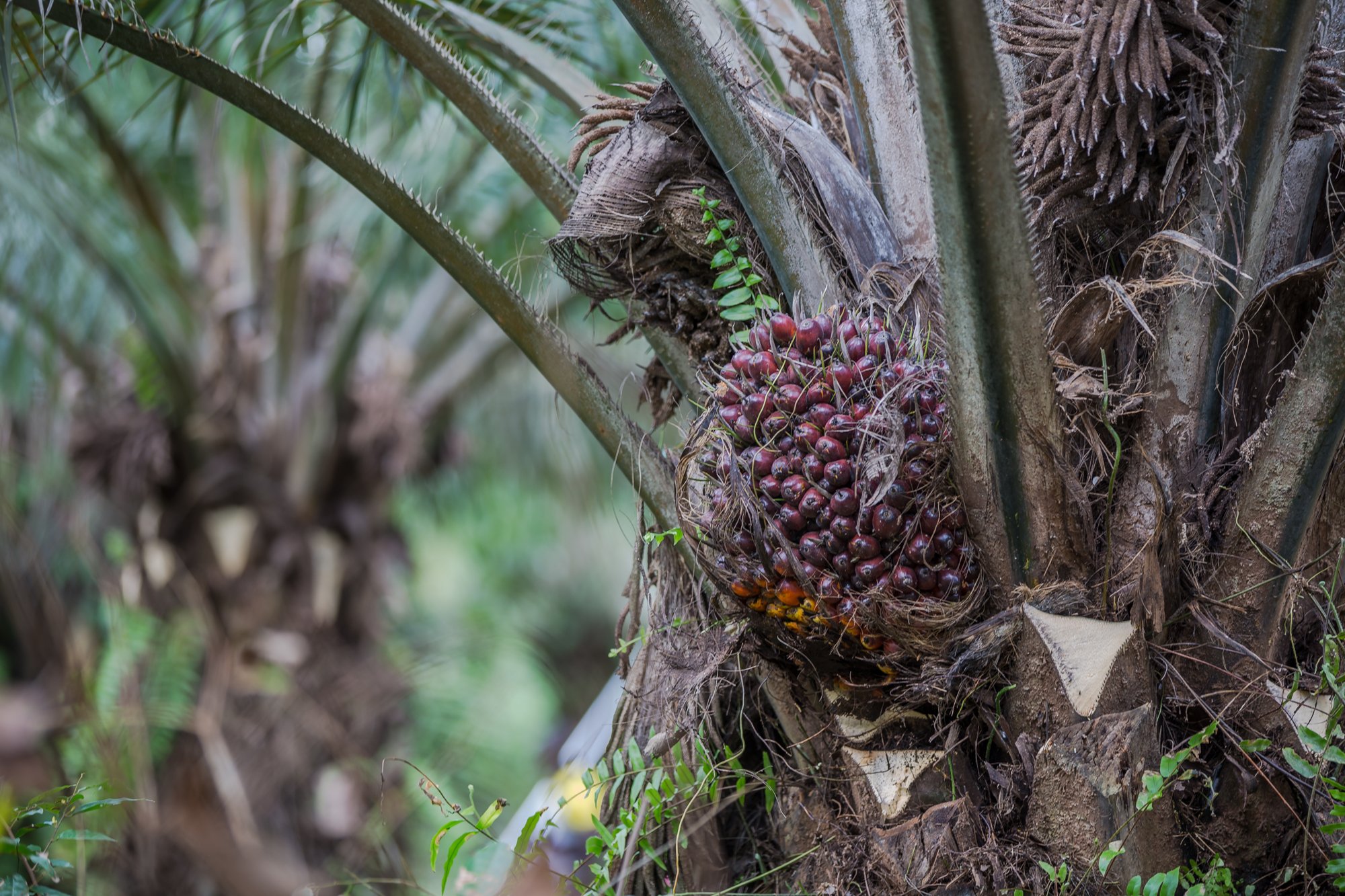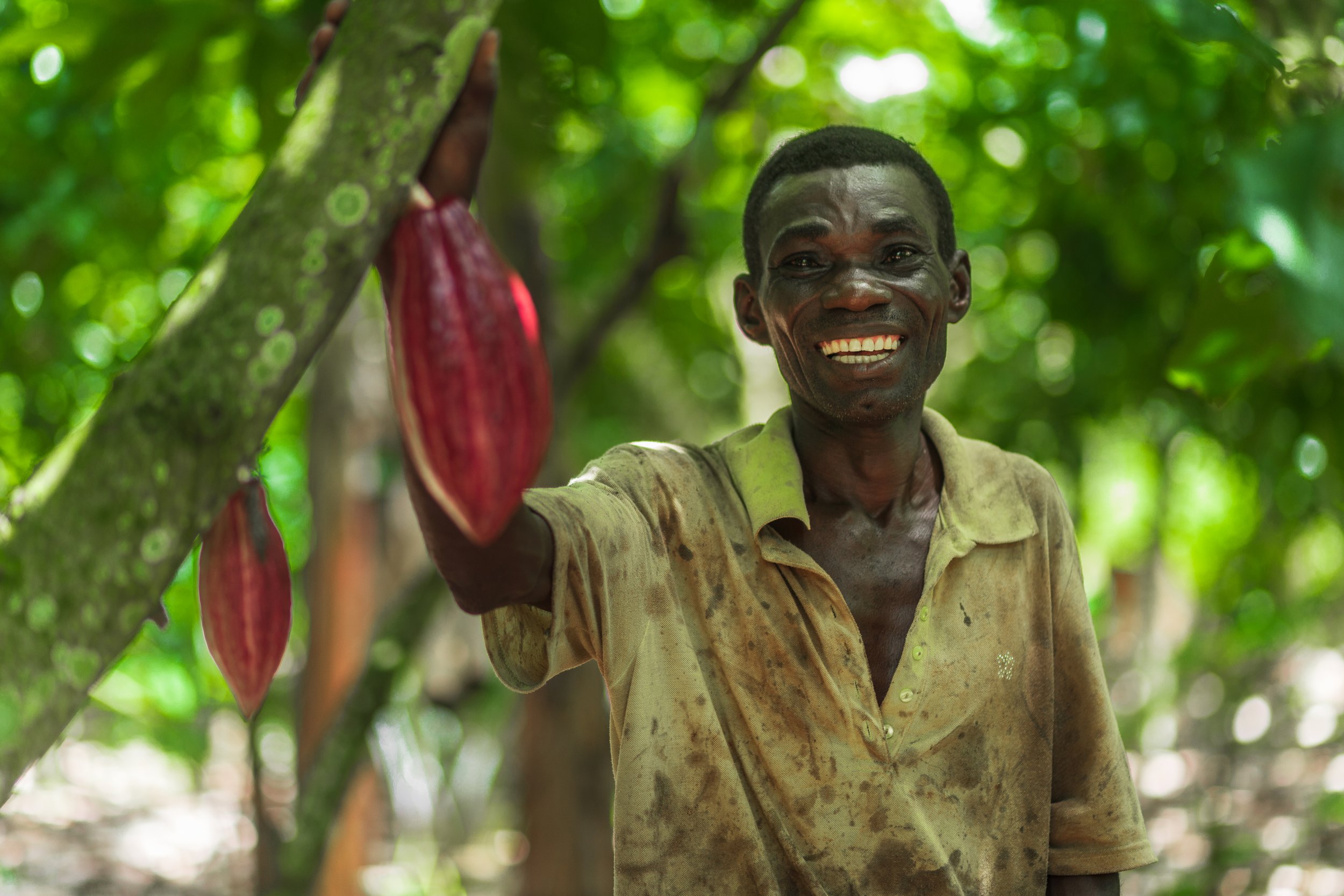
Background
Transition from APOI to ASCI
APOI Background
Established in 2015, APOI brings together governments from ten countries in West and Central Africa with the private sector, traditional leaders, local communities and Indigenous Peoples.
APOI and the transition to ASCI has been a truly multi-stakeholder process from inception at every level – national, regional, and international. Each national platform formed a membership inclusive of national government, traditional leaders, local communities and Indigenous Peoples, donors, technical partners, investors, producers, manufacturers, traders, and many other stakeholders.
Implementation is guided by the national platform in each country, which works with relevant groups, to build on existing processes and give it legitimacy.
A government representative from the focal ministry holds the focal point role of each national platform. This ensures that progress is guided by national processes and policies while facilitating government buy-in. However, the platforms remain independent and self-governing.
The process uses a participatory approach that balances bottom-up and top-down approaches to decision-making and consensus building, involving representatives from African and donor countries, producing and consuming companies, and civil society at both local and international levels.
Read Marrakesh +5, a publication tracing the history and success of APOI, for more information.
Timeline
2012
Identified the need to bring stakeholders together to ensure sustainability was embedded in production of palm oil in Africa.
2014
Inaugural meeting to agree strategy for a multi-stakeholder platform for sustainable palm oil development in Africa.
2016
Seven African governments publicly committed to principles of sustainable palm oil development (The Marrakesh Declaration).
2018
Country platforms created for APOI through engaging governments, local communities and civil society and local private sector.
2021
Five years of progress since the Marrakesh Declaration shared at CoP26 with the commitment to include other commodities.
2022
The Africa Sustainable Commodities Declaration signed by ten African governments at CoP27
2030
Full implementation across ten countries and multiple commodities, such as palm, cocoa and rubber.


ASCI paves the way for public-private partnerships and international producer-consumer partnerships with Africa. It also provides a model for other regions to follow the multi-stakeholder process to align around principles for the responsible production of agricultural commodities that brings jobs and wealth to local communities, is environmentally and socially sustainable, and protects Africa’s rich tropical forests.
Publications
For more information on the Africa Sustainable Commodities Initiative, and the Africa Palm Oil Initiative see these publications…
Africa Sustainable Commodities Initiative CoP27 signing - commemorative publication tracking progress and looking to the future
Marrakesh +5 - a publication tracing the history and success of APOI with statements from all ten member countries about key milestones and success, provided at CoP26
CoP27
“From CoP22 in 2016, when the Marrakesh Declaration was signed, we saw huge progress at CoP26 in 2021 where every country demonstrated crucial milestones to achieve the sustainable development of palm oil.
“Many countries have recognised the need to work across multiple commodities so the launch of ASCI is an important progression, as a truly multi-stakeholder initiative, with every country engaging at the regional, national and local level throughout the process.”
— Abraham Baffoe, Proforest



